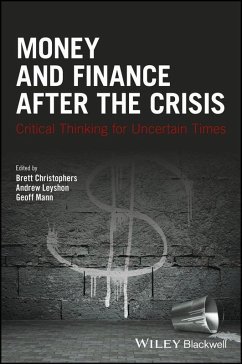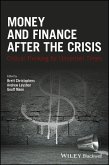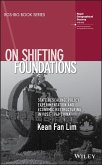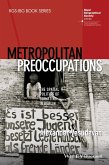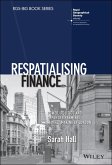Dieser Download kann aus rechtlichen Gründen nur mit Rechnungsadresse in A, B, BG, CY, CZ, D, DK, EW, E, FIN, F, GR, HR, H, IRL, I, LT, L, LR, M, NL, PL, P, R, S, SLO, SK ausgeliefert werden.
Mary Poovey, Professor of English, New York University, USA
'One of the few benefits of financialisation has been the spur given to interdisciplinary work on money and finance, with geography and sociology in the lead. This collection demonstrates the progress made by bringing together prominent scholars to discuss the aftermath of the crisis of 2007-9. It is a powerful book, handled with confidence by the editors, all authorities in the field.'
Costas Lapavitsas, Professor of Economics, SOAS University of London, U

